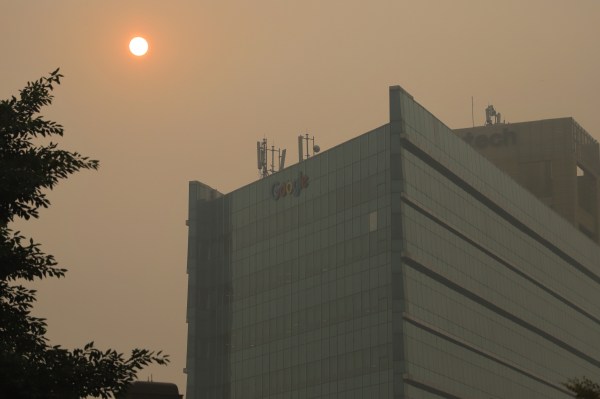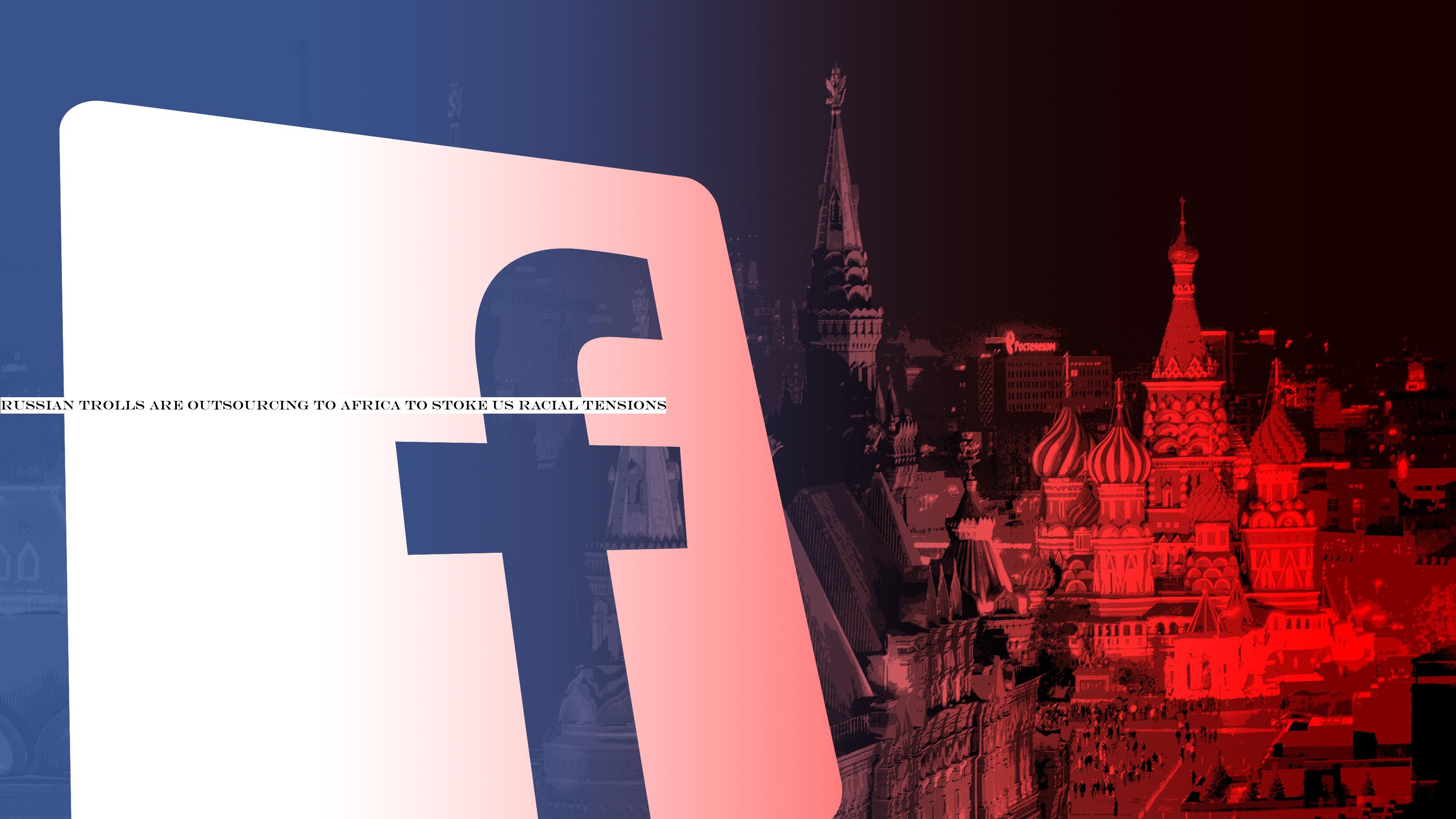Music
Trailers
DailyVideos
India
Pakistan
Afghanistan
Bangladesh
Srilanka
Nepal
Thailand
Iraq
Iran
Russia
Brazil
StockMarket
Business
CryptoCurrency
Technology
Startup
Trending Videos
Coupons
Football
Search
Download App in Playstore
Download App
Best Collections
Technology
Pressure from the global pandemic has broadband companies loosening the arbitrary restrictions on the connections users pay for — and this may be the beginning of the end for the data caps we&ve lived in fear of for decades. Herewhy.
The coronavirus threat and official policies of &social distancing& are leading millions to stay home, doing meetings via video chat and probably watching Netflix and YouTube the rest of the time. That means a big uptick in bytes going through the tubes, both simultaneously and cumulatively.
ISPs, leery of repeating Verizonmemorable gaffe of cutting off service during an emergency, are proposing a variety of user-friendly changes to their policies. Comcast is boosting the bandwidth of its low-income Internet Essentials customers to levels that actually qualify as broadband under FCC rules. AT-T is suspending data caps for all its customers until further notice. Verizon has added $500 million to its 5G rollout plans. Wait, how does that help? Unclear, but the company &stands ready& for increases in traffic. (Disclosure: Verizon Media owns TechCrunch but this does not affect our editorial coverage.)
Elsewhere in the world ISPs are taking similar actions, either voluntarily or at the request of the state. In India, for instance, ACT Fibernet has bumped everyone up to 300 Mbps for no cost.
There are two simple truths at play here.
The first is that any company that sends its subscriber a $150 overage fee because they had to work from home for a month and ran over their data cap is going to be radioactive. The optics on that are so bad that my guess is most companies are quietly setting forgiveness policies in place to prevent it from happening — though of course it probably will anyway.
The second is that these caps are completely unnecessary, existing only as a way to squeeze more money from subscribers. Data caps just don&t matter any more. As I pointed out during the whole zero-rating debacle, the very fact that the limits can be lifted at will or certain high-traffic categories (such as a broadband companyown streaming TV channels) can be exempted fundamentally beggars the concept of these caps.
Think about it: If the internet provider can even temporarily lift the data caps, then there is definitively enough capacity for the network to be used without those caps. If thereenough capacity, then why did the caps exist in the first place?
Answer: Because they make money.
As with other nonsensical and aggravating fees and practices, ISPs get away with this because they amount to regional monopolies or duopolies and are all running the same basic set of grifts for extra cash on top of your subscription fee.
That may be changing with the coronavirus, because after this very public exception to them it will be obvious to everyone that there is no reason for the caps to exist — including the FCC.
For years ISPs have made excuses that certain &bad actors& and superusers would abuse the system and suck up all the internet, causing congestion and slowdowns for everyone else. Unsurprisingly, this never actually happened, or if it did, it happened many, many years ago when broadband was in its infancy and it was possible to hog the line in your neighborhood.
Now, with 100-megabit and gigabit connections becoming more common by the month (to those on the right side of the digital divide, anyway), you&d be hard pressed to max out your own connection, let alone everyone else&s. In fact, the only person who would notice you&d eaten up 50 times more data than your neighbor would be your ISP.
Yet, strangely, if you were to use this high-speed connection steadily, you&d be punished on extraordinarily short notice. Comcastgigabit data plans, for instance, come with a 1-terabye cap. At top speed, you&d hit it in less than three hours. Doesn&t make a lot of sense, does it?
These facts will be material if, in a couple months, the ISPs attempt to re-establish data caps. If the entire country was using the hell out of their connection for months with no ill effects — and no ISP will admit that their superior network couldn&t handle it — why should there be limits at all?
Of course, this is only speculation for now. But once someone like Commissioner Rosenworcel starts talking publicly about this sort of thing, it tends to only go forward, absent serious opposition by the opposing party or industry groups. When it comes to data caps, ithard for anyone to justify their continued existence, and the coronavirus situation will only make this more clear.
Crucially, once it becomes clear that data caps are on the outs, it will suddenly become the cool new idea that simultaneously occurs to every ISP that a few months ago was happy to collect overages. I can picture the ad copy now: &What data caps? Binge care-free with the new Freedom Plus plan from AT-T.& &Unlimited data — yes, we mean it.&
Well, they can call it whatever they want, as long as itfree and the limits are lifted — the way it should have been all this time.
- Details
- Category: Technology Today
Read more: Coronavirus could force ISPs to abandon data caps forever
Write comment (90 Comments)
Google said on Thursday that an employee at its office in Bangalore, India has tested positive for the COVID-19 coronavirus and the firm has asked all the other employees in that office to work from home on Friday out of abundance of caution.
&We can confirm that an employee from our Bangalore office has been diagnosed with COVID-19. They were in one of our Bangalore offices for a few hours before developing any symptoms,& a company spokesperson said in a statement, adding that those who were in close contact with the employee have been asked to quarantine themselves.
In an internal email, accessed by TechCrunch, Anand Rangarajan, director of engineering at Google, said the infected &Googler contracted the virus after traveling overseas.&
In recent days, Google has moved to ask all its employees in North America, Europe, and several other regions to work from home. But the company has yet to extend such measure to its employees and contractor workers in Asian markets.
Several startups in India have taken a more proactive approach. Bangalore-based Zerodha, which is the largest stock broker, made it mandatory for all its employees on Thursday to work from home.
Bangalore-based Instamojo, which helps small merchants, education startup Unacademy, mobility firm Bounce, recruiting startup Springworks, and social commerce startup Meesho have all enforced a similar policy.
To date, 74 cases of COVID-19 have been detected in India, up from some 40 late last week. To raise awareness about the infectious disease, telecom operators in the country have started to warn users ahead of each call. On Wednesday, India suspended a vast majority of visas to the country to contain the virus.
The Indian stock markets plunged into bear territory on Thursday, heightening worries for the immediate future prospects of the nationalready slowing economy. The Nifty plunged 8.3% to 9,590.15, its lowest close in two-and-a-half years, while the Sensex slid about 8% to a near two-year low of 32,778.14.
The last time Indian stock indexes dropped as much was at the height of the global financial crisis in 2008.
- Details
- Category: Technology Today
Read more: Google employee in Bangalore tests positive for coronavirus
Write comment (100 Comments)Epic Games announced today that itbuying Cubic Motion,a computer vision startup thatbeen building out a platform for capturing more realistic facial animations with a complex camera rig and software platform.
The game studio behind Fortnite and the Unreal Engine has already done plenty of work with the UK-based startup, creating a number of tech demos over the past several years that have centered on translating an actorfacial movements to a digital character in real-time. The startupPersona product which launched last year bundles both its software and motion capture hardware rig.
Cubic Motiontechnology has been used in recent blockbuster gaming titles like Sony Interactive EntertainmentGod of War and Insomniac Games& MarvelSpider-Man.

The startup raised just over $22 million in funding from NorthEdge Capital. Terms of the deal weren&t disclosed. The startup will continue serving existing customers while also accelerating integrations between the companytech and Unreal Engine, the companies said in a press release.
While Epic Games and competitor Unity continue to court large game developers, acquisitions like this signify hopes that the real-time game engines will infiltrate industries outside gaming more deeply. This acquisition will undoubtedly be helpful for helping higher budget game studios craft intricate cut scenes but the integration will likely also serve to court more attention from movie studios interested in bringing real-time rendering into their workflows.
Last year, Epic acquired game studio 3Lateral which built more realistic human avatars. That, partnered with this latest acquisition certainly suggests that Epic sees more realism in human characters and avatars as a category worth investing with.
- Details
- Category: Technology Today
Read more: Epic Games buys UK facial mapping startup Cubic Motion
Write comment (95 Comments)
While you&ve probably spent a lot of today thinking about the COVID-19 pandemic, itworth remembering that other health issues aren&t going away — and that heart disease remains the leading cause of death in the United States.
Heartbeat Health is a startup working to improve the way that cardiovascular care is delivered, and it announced today that it has raised $8.2 million in Series A funding.
Dr. Jeffrey Wessler, the startupco-founder and CEO, is a cardiologist himself, and he told me that he &stepped off the academic cardiology path& about three years ago because he &saw some of the work being done in digital health space and became incredibly enamored of doing this for heart health.&
Wessler said that the delivery methods for cardiovascular care remain almost entirely unchanged. To a large extent thatbecause the existing model works, but therestill room to do better.
&As of the last seven or so years, we&re in a new era where we&ve figured out how to treat people well once they get sick,& he said. &But we&re doing a very bad job of keeping them healthy.&
To address that, Heartbeat Health has created what Wessler described as a &digital first& layer, allowing patients to talk with experts via telemedicine, who can then direct them to the appropriate provider — who might be a &preferred Heartbeat partner& or not — for in-person care.
This initial interaction can help patients avoid &a lot of inefficiencies,& he said, because it ensures they don&t get sent to the wrong place, and &kick[s] things off right with evidence-based, guideline-based testing, so that they&re not just falling into the individual practice habits of random doctors.&
In addition, Heartbeat Health tries to collect all of a patientrelevant heart data (which might come from wearable consumer devices like an Apple Watch or Fitbit) in one place, and to track results about which treatments are most effective.
&Ultimately, we want to be the software, the technology powering it all, but we don&t want to leave any patient behind at the beginning,& Wessler said.
He added that the program works with most commercial insurance and is already involved in the care of 10,000 New York-area patients. And apparently itbeen embraced by the cardiologists, who Wessler said always tell him, &We&ve been waiting for that layer to come in and unify this incredibly fragmented system, as long as it works with us and not against us.&
The funding was led by .406 Ventures and Optum Ventures, with participation from Kindred Ventures, Lerer Hippeau, Designer Fund and Max Ventures.
- Details
- Category: Technology Today
Read more: Heart beat Health raises $8.2 M to improve cardiovascular care
Write comment (94 Comments)
Amazon issued guidance Thursday in response to the COVID-19 outbreak recommending that global employees who are able to work from home to do so through the end of March.
&We continue to work closely with public and private medical experts to ensure we are taking the right precautions as the situation continues to evolve,& an Amazon spokesperson said in an email statement. &As a result, we are now recommending that all of our employees globally who are able to work from home do so through the end of March.&
Earlier this week, Amazon said it would provide two weeks of extra paid time off for full and part-time employees who are diagnosed with COVID-19 or placed into quarantine. This is in addition to unlimited unpaid time off for all hourly employees through the end of March. The company said it will continue to pay all hourly employees, including food service, janitorial and security staff, who support its offices around the world.
Amazon employs some 798,000 employees.While some Amazon office workers will be able to work from home, the vast majority of its workforce have jobs that require them to be on site. The company is reliant on tens of thousands of delivery drivers and employees who work at the more than 100 order fulfillment centers.
Amazonmove follows the call from global health officials to take measure to slow the spread of COVID-19, a disease caused by a new virus that is a member of the coronavirus family and a close cousin to the SARS and MERS viruses. COVID-19 has caused governments and companies to cancel tech, business and automotive events around the world, including the NCAA March Madness basketball tournaments, professional sports games in the NBA and NHL, the Geneva International Motor Show, MWC in Barcelona and the SXSW festival in Austin, Texas. Disneyland and California Adventure will close through the end of the month.
It has also prompted companies to recommend its employees to work from home. Google href="https://techcrunch.com/2020/03/10/google-expands-work-from-home-recommendation-to-all-north-american-employees-establishes-covid-19-fund/"> expanded its work-from-home recommendation to include all employees in North America. Box, Lyft, Microsoft and Twitter have also issued memos to employees to recommend or require staff to work from home. In some cases, companies have committed to maintaining wages in spite of reduced hours.
- Details
- Category: Technology Today
Read more: Amazon asks all employees to work from home, if they can
Write comment (96 Comments)
With tech companies wise to many of the tactics that Russianow-infamous troll farms used to seed disinformation during the 2016 election, those campaigns are getting creative.
According to a pair of reports out from Facebook and Twitter, a disinformation campaign run by individuals with links to RussiaInternet Research Agency (IRA) is back and focused on the U.S., but this time itbeing run out of Africa.
&This network was in the early stages of building an audience and was operated by local nationals — some wittingly and some unwittingly — in Ghana and Nigeria on behalf of individuals in Russia,& Facebook explained in its blog post.
CNN apparently conducted its own deep investigation into the operations in Ghana and Nigeria, going so far as to even tour one of the houses where a group of Ghanaians worked to craft posts targeting American social issues.
Surprisingly, Graphika, a social analytics firm that specializes in disinformation, observed that these campaign did not focus on the U.S. election or presidential candidates specifically, but when candidates did come up in the content &it was through the lens of human rights, tolerance and racism.&
Graphika Chief Innovation Officer Camille Francois notes that the Russia-based campaign relied on a Ghana-based NGO as a kind of proxy and that at least some of those involved were likely not aware of the true nature of their work.
&That operation shows us the appetite of foreign actors to use proxy groups in increasingly creative way,& Francois told TechCrunch. &It also shows information operations can be based anywhere&
Most of the accounts were created in the second half of 2019 and the content they generated addressed issues around race, particularly tensions between black and white Americans. According to Facebook, the campaign concentrated on topics like black history and black excellence, but also &content about oppression and injustice, including police brutality.&
Facebook detected 49 Facebook accounts, 69 Facebook Pages and 85 Instagram accounts participating in the campaign. On Facebook, the relatively nascent accounts accumulated roughly 13,500 followers. On Instagram, the accounts had a following of around 265,000.
On Twitter, 71 accounts linked to the Russian-run operations in Ghana and Nigeria spread similar messages in an effort to &sow discord by engaging in conversations about social issues, like race and civil rights.&
Italarming — if not surprising — that Russian efforts to inflame existing social divides in the U.S. continue, but Twitter offered a useful reminder that most disinformation in the country comes from within, not from without.
- Details
- Category: Technology Today
Read more: Russian trolls are outsourcing to Africa to stoke US racial tensions
Write comment (92 Comments)Page 1254 of 1444

 17
17





